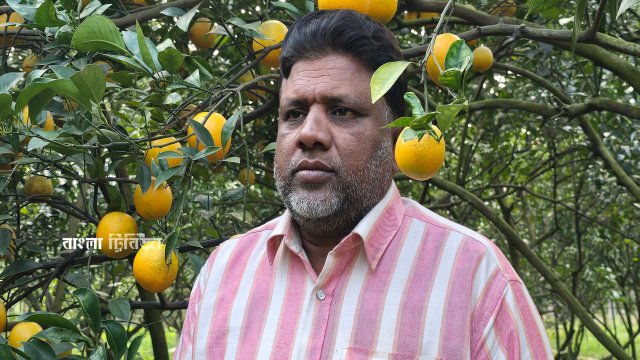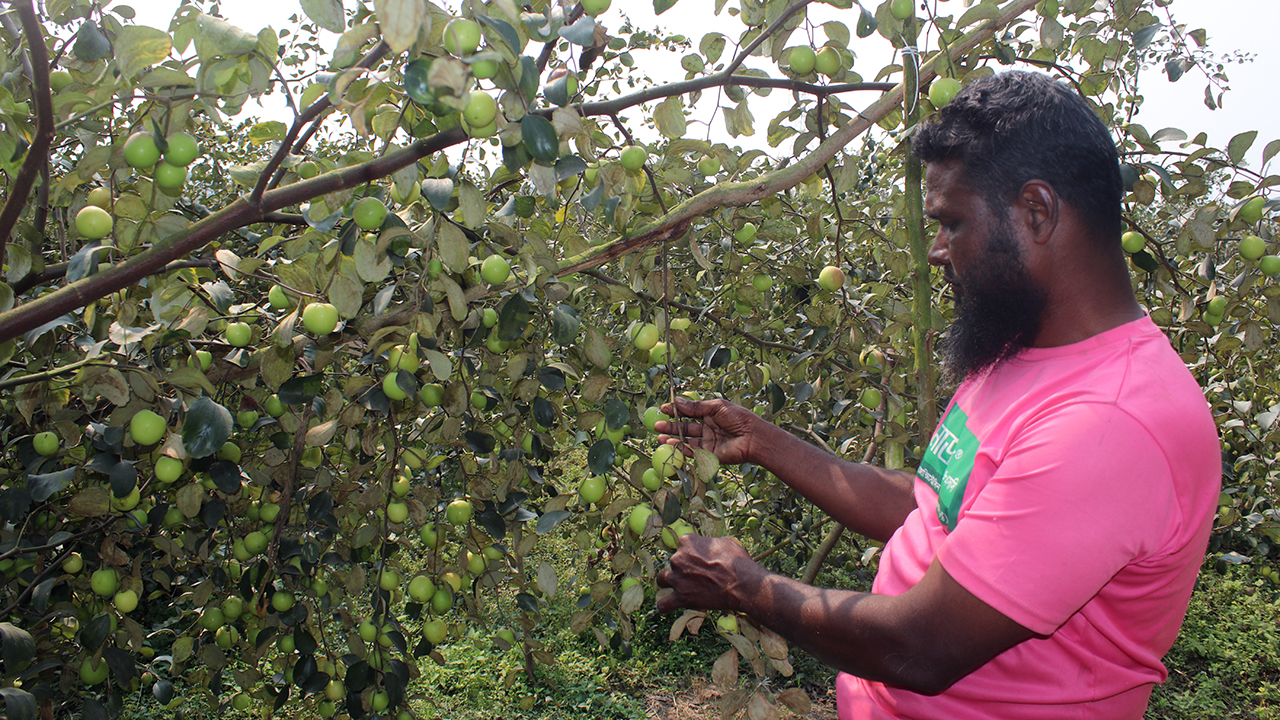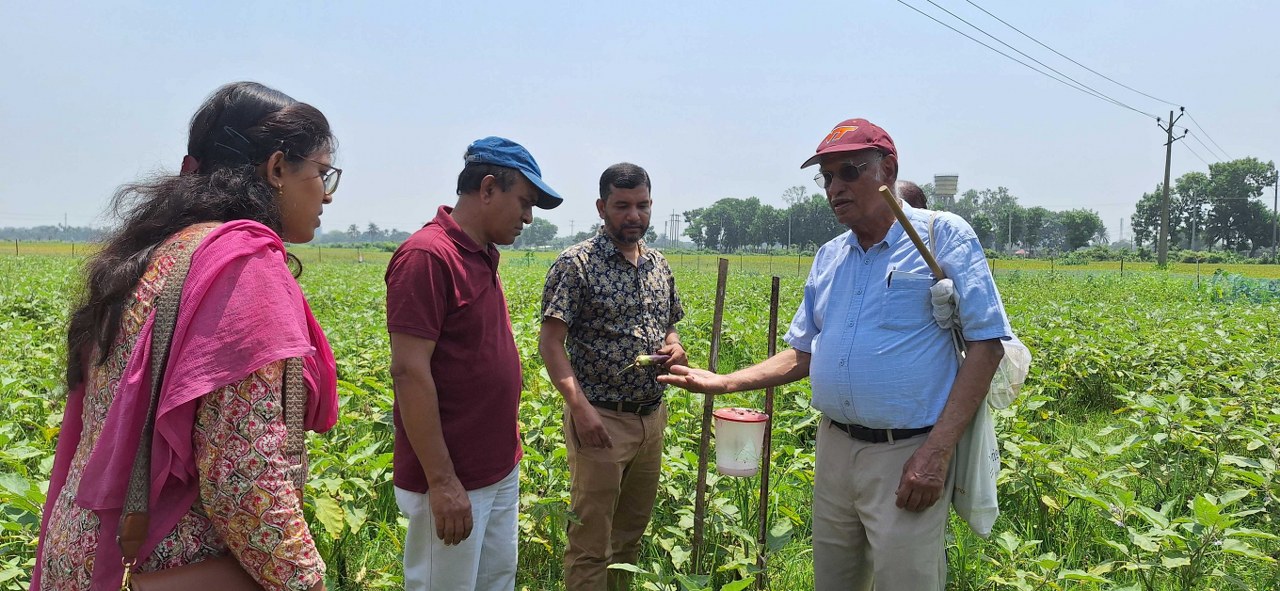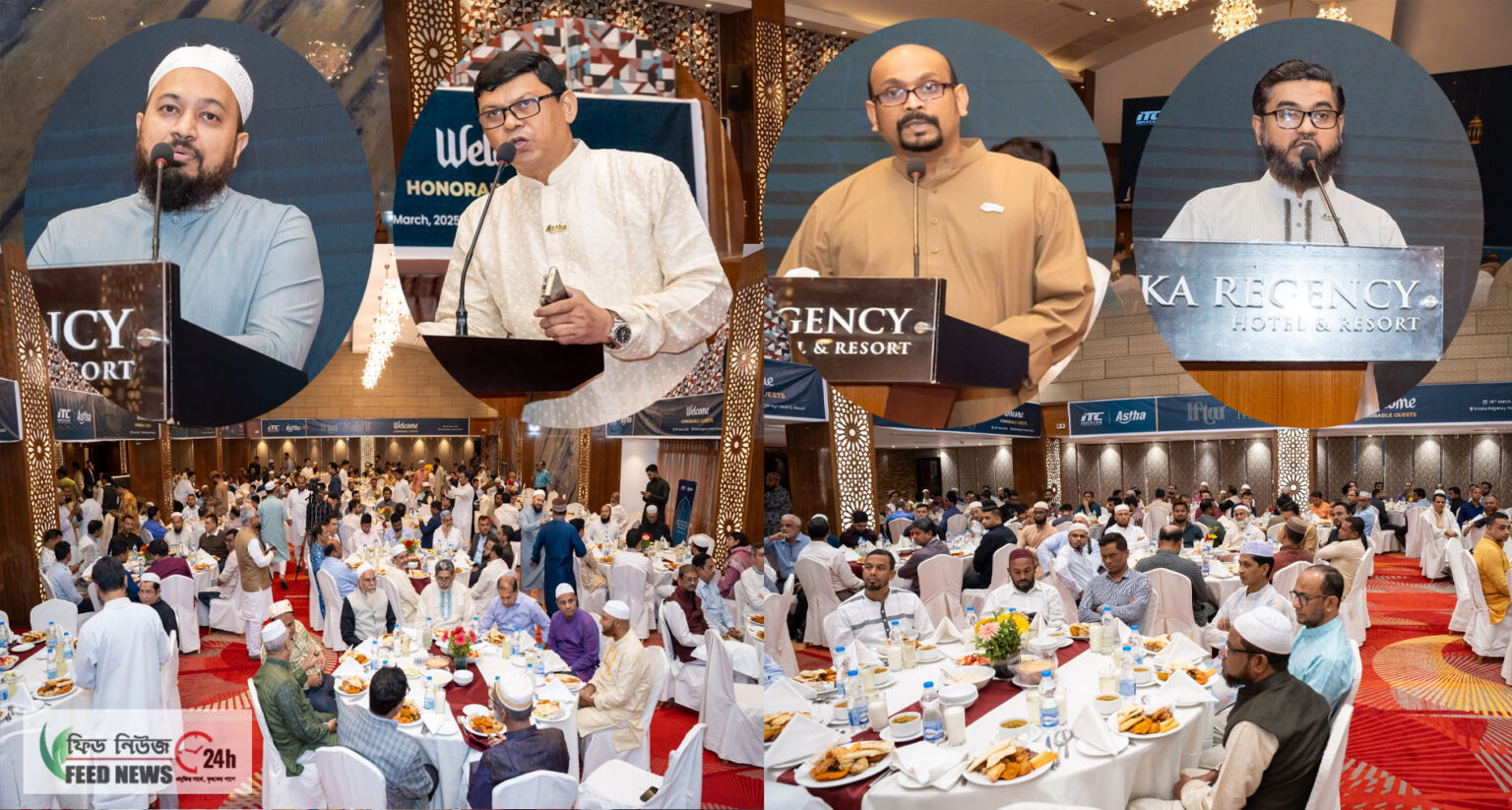AWD irrigation system brings hope for rice cultivation

- Update Time : Tuesday, April 1, 2025
- 13 Time View
RN Desk: The Alternate Wetting and Drying (AWD) irrigation system has proven to be 28% more water-efficient than traditional irrigation methods. By ensuring controlled water supply, this system prevents waterlogging in rice fields, reducing various farming complications.
For the first time, this innovative water-saving and eco-friendly irrigation method is being implemented in Matiranga, a region in the hilly district of Khagrachhari, during the ongoing Boro rice-growing season. Agricultural experts believe that if this method is successfully adopted, it could revolutionize rice farming in Bangladesh.
How Does AWD Work?
According to the Bangladesh Rice Research Institute (BRRI), AWD irrigation involves controlled wetting and drying cycles to manage water use efficiently. The process includes:
- Installing a perforated plastic pipe (12 inches long, 3 inches in diameter), with 8 inches buried underground in rice fields.
- Monitoring the water level inside the pipe to determine when irrigation is needed.
Compared to traditional methods, where 2,000 to 3,000 liters of water are required to produce 1 kg of rice, the AWD system reduces this to only 1,200 liters, making it significantly more sustainable.
Benefits of AWD Irrigation
Excessive irrigation can harm rice production, making crops more susceptible to pests and diseases. Waterlogging prevents rice plants from absorbing essential nutrients like zinc and gypsum, causing brown spots on grains. It also increases the spread of pests like brown plant hoppers and stem borers. Additionally, standing water in fields hinders tiller formation and promotes methane gas emissions, contributing to air pollution.
With AWD, these issues are greatly reduced, leading to higher yields while conserving water.
AWD Trial in Matiranga
A trial project using AWD irrigation was conducted on two acres and 50 decimals of land in Charpara Block, Matiranga Municipality. Farmers Md. Tajul Islam, Sajai Marma, and Sufia Begum participated in this pilot program, which has sparked curiosity among local farmers. Many now visit the trial fields daily to learn about the method.
Support & Future Prospects
The Matiranga Upazila Agriculture Office provided the farmers with:
- BRRI rice seeds
- Fertilizers (Urea, DAP, MOP, Zinc Sulfate, Gypsum, Boron)
- Organic fertilizers & pesticides
- Six AWD irrigation pipes
Farmer Md. Tajul Islam shared, “I was unaware of AWD technology before. The Upazila Agriculture Office has guided us throughout the process. The results look promising, and I encourage other farmers to adopt this method.”
Agriculture Officer Md. Sabuj Ali emphasized, “AWD is an eco-friendly technology. If widely adopted in Matiranga, it will save irrigation water, electricity, and fuel, reducing costs for farmers while improving yields. Additionally, it will ease pressure on groundwater sources.”











